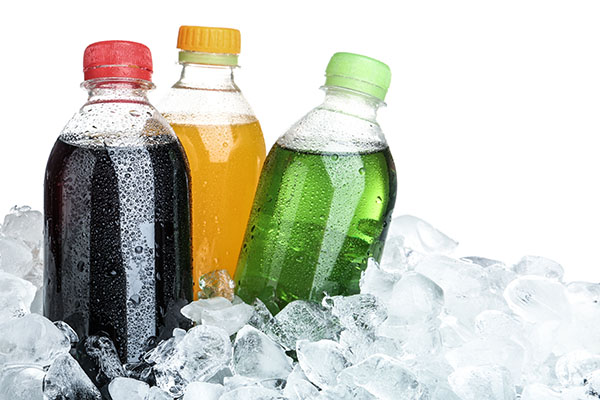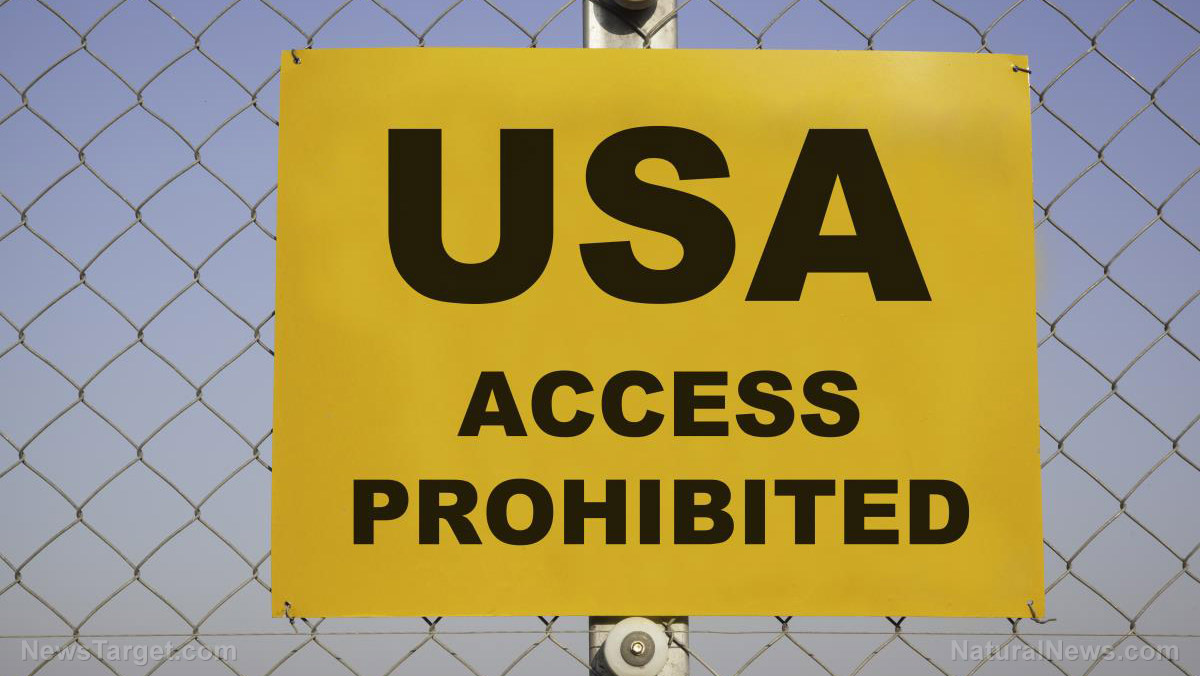Study: Daily soda habit linked to 5x higher risk of ORAL CANCER in women
By avagrace // 2025-04-23
Tweet
Share
Copy

- A newly published 30-year study found that women who drank one or more sugary sodas daily had a 4.87 times higher risk of developing oral cavity cancer, with nonsmokers/nondrinkers (alcohol) facing a 5.46 times higher risk.
- Sugary beverages are now identified as a major risk factor for oral cancer, potentially explaining rising cases among low-risk women, challenging traditional views that only tobacco/alcohol are culprits.
- High-fructose corn syrup in sodas promotes chronic inflammation, DNA damage and insulin spikes, while acidity erodes mouth tissues, creating conditions for cancer development.
- Beverage companies downplay these health risks, and the lack of warning labels (despite evidence linking soda to obesity, diabetes and cancer) reflects weak regulation and heavy lobbying.
- Experts advise reducing soda intake, choosing water/unsweetened drinks, eating antioxidant-rich foods and going for regular dental screenings. They also call for warning labels on sugary beverages. The study highlights soda as a silent carcinogen, urging individual and policy action to address the health risks.
Sweet but deadly: Another culprit in the cancer epidemic
Despite mounting evidence, sugary drinks remain aggressively marketed as harmless indulgences. Unlike cigarettes, which carry explicit warnings, soda labels omit cancer risks – an omission critics attribute to heavy industry lobbying. Beverage giants have long downplayed health concerns, even as research ties their products to obesity, diabetes and cancer. Public health advocates argue that regulators, slow to act, are failing consumers. The study's most shocking revelation: Women who avoided smoking and alcohol – traditionally "low-risk" – faced the steepest cancer increase from sugary drinks. This suggests that soda may be an independent carcinogen, not just an amplifier of other risks. With oral cancer rates rising globally, particularly among younger adults, experts warn that dietary factors like ultra-processed sugars could be driving a stealth epidemic. While further research is needed, the study's authors nevertheless urge immediate caution. Cutting daily soda intake, opting for water or unsweetened tea, and increasing your intake of antioxidant-rich foods (like berries and leafy greens) may mitigate the risk. Dental screenings are also critical, as early-stage oral cancer often goes unnoticed. Advocates also call for warning labels to be placed on sugary drinks – a measure the industry has fiercely resisted. This landmark study shatters the myth that soda is merely a guilty pleasure. For women, daily consumption may now carry a cancer risk comparable to smoking. The science is clear: In the war against cancer, cutting sugar could be the next frontier. Head over to CancerCauses.news for more similar stories. Watch Jefferey Jaxen and Del Bigtree discuss how early introduction to sugar drives chronic disease in this clip. This video is from The HighWire with Del Bigtree channel on Brighteon.com.More related stories:
How too much sugar leads to cancer. Studies prove that consumption of sugar and cancer are connected. Cancer cells use sugar to divide; starving them of sugar can slow their progression. Soda warning: High sugar intake linked to pancreatic cancer. How cancer feeds on sugar (and other big reasons to avoid refined sweets). Sources include: NaturalHealth365.com JAMANetwork.com DailyMail.co.uk EatingWell.com Brighteon.comTweet
Share
Copy
Tagged Under:
toxic ingredients high-fructose corn syrup junk food sugar women's health research poison HFCS soda food science sweeteners products grocery soft drinks frankenfood oral cancer cancer causes badscience badfood badhealth badcancer health science stop eating poison cancer criminals
You Might Also Like
From shade to snack: How California wild grapes can support your overall well-being
By Zoey Sky // Share
By Finn Heartley // Share
Tariff tensions escalate as retail giants confront Trump’s trade strategy
By Willow Tohi // Share
Legacy of danger: DDT persistence in Canadian trout reveals long-term environmental neglect
By Willow Tohi // Share
Recent News
Trump's border policies lead to 95% drop in illegal crossings at U.S.-Canada border
By isabelle // Share
Democratic Rep. Raskin warns foreign leaders: Support Trump, face consequences
By isabelle // Share
India imposes 12% TARIFF on steel products, sparking trade tensions with China and other countries
By ramontomeydw // Share








